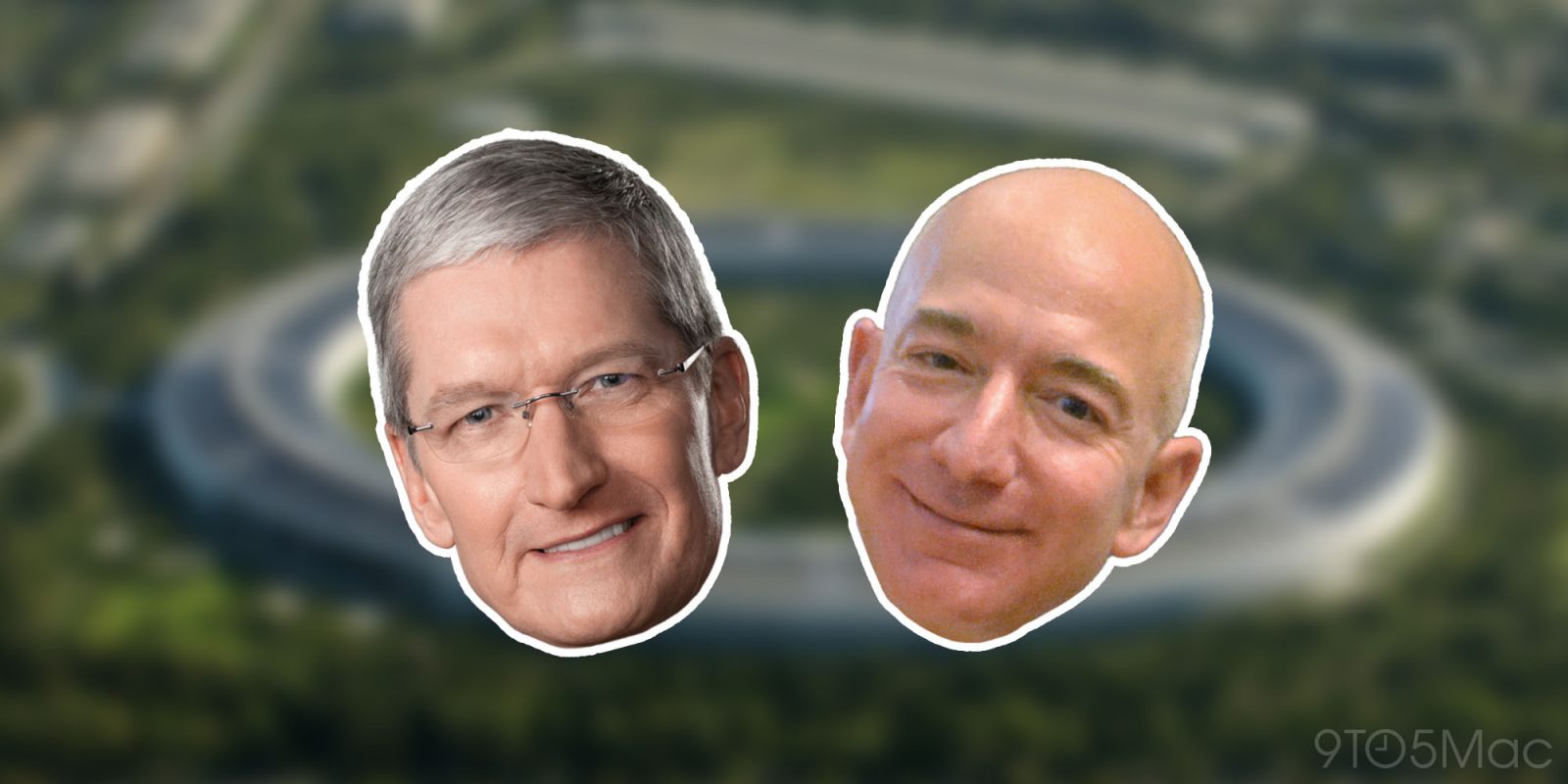
One of the many bizarre claims throughout the Department of Justice’s 88-page lawsuit against Apple is that Apple somehow killed the Amazon Fire Phone. Also, Apple is apparently to blame for HTC, LG, and Microsoft exiting the smartphone business.
Here’s the full excerpt from the DOJ’s filing yesterday:
Many prominent, well-financed companies have tried and failed to successfully enter the relevant markets because of these entry barriers. Past failures include Amazon (which released its Fire mobile phone in 2014 but could not profitably sustain its business and exited the following year); Microsoft (which discontinued its mobile business in 2017); HTC (which exited the market by selling its smartphone business to Google in September 2017); and LG (which exited the smartphone market in 2021).
Today, only Samsung and Google remain as meaningful competitors in the U.S. performance smartphone market. Barriers are so high that Google is a distant third to Apple and Samsung despite the fact that Google controls development of the Android operating system.
Essentially, the DOJ is arguing that any company which tried and failed to make a smartphone failed because of Apple’s dominance.
9to5Mac’s Take
The notion that Apple played any role in the failure of the Amazon Fire Phone is baseless, as are any suggestions that Apple is why HTC, LG, or Microsoft exited the business.
Has the DOJ considered that maybe Amazon, LG, and HTC failed because they didn’t make products that consumers wanted? All three companies relied on Android as their operating systems. And as we all know, other Android manufacturers have found success in the market.
Consumers voted with their wallets – and they didn’t just vote for the iPhone instead of devices from Amazon, LG, and HTC. They also chose products from Samsung, Google and other Android manufacturers too.
I could name a bunch of other reasons why the Amazon Fire Phone failed in particular:
- It ran a forked version of Android … and didn’t offer access to the Google Play Store.
- It was only available through AT&T, while the iPhone was available on all major carriers in the United States.
- Despite the lack of apps and plastic design, it was $200 with a two-year contract – matching the iPhone and other top-end Android phones.
- It didn’t have apps.
- Its primary goal, quite blatantly, was to entice you to buy more stuff from Amazon. As evident by the lack of third-party apps.
- It was late to the market, and Amazon gave up after a year.
- Did I mention it didn’t have any apps?
Also bizarre is the allegation that Apple is to blame for Google acquiring HTC … a move that one could say is anticompetitive in and of itself.
FTC: We use income earning auto affiliate links. More.



Comments